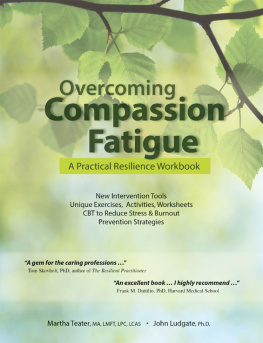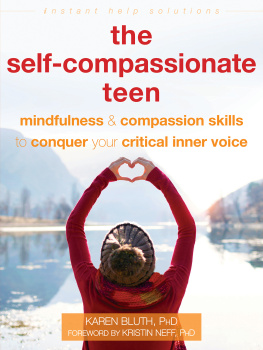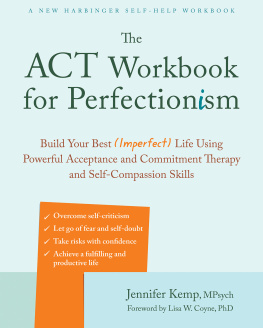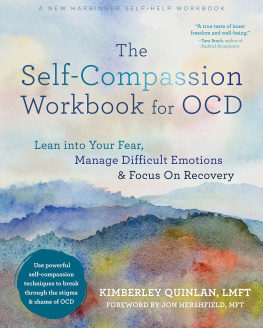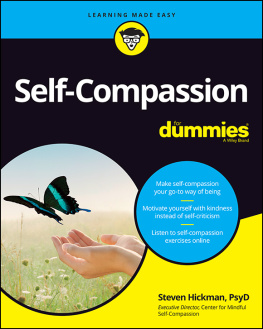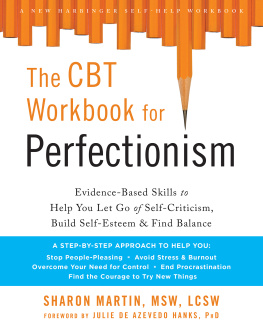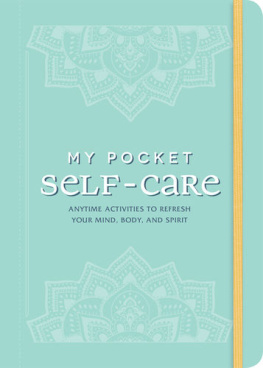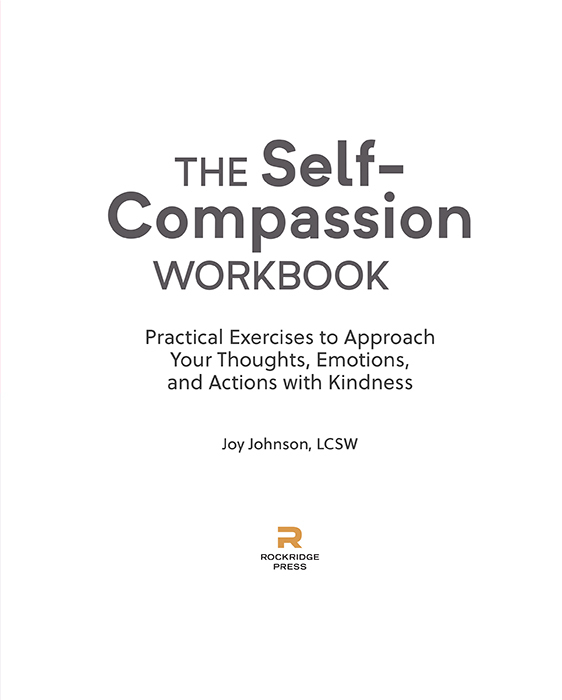Copyright 2020 by Rockridge Press, Emeryville, California
No part of this publication may be reproduced, stored in a retrieval system, or transmitted in any form or by any means, electronic, mechanical, photocopying, recording, scanning, or otherwise, except as permitted under Sections 107 or 108 of the 1976 United States Copyright Act, without the prior written permission of the Publisher. Requests to the Publisher for permission should be addressed to the Permissions Department, Rockridge Press, 6005 Shellmound Street, Suite 175, Emeryville, CA 94608.
Limit of Liability/Disclaimer of Warranty: The Publisher and the author make no representations or warranties with respect to the accuracy or completeness of the contents of this work and specifically disclaim all warranties, including without limitation warranties of fitness for a particular purpose. No warranty may be created or extended by sales or promotional materials. The advice and strategies contained herein may not be suitable for every situation. This work is sold with the understanding that the Publisher is not engaged in rendering medical, legal, or other professional advice or services. If professional assistance is required, the services of a competent professional person should be sought. Neither the Publisher nor the author shall be liable for damages arising herefrom. The fact that an individual, organization, or website is referred to in this work as a citation and/or potential source of further information does not mean that the author or the Publisher endorses the information the individual, organization, or website may provide or recommendations they/it may make. Further, readers should be aware that websites listed in this work may have changed or disappeared between when this work was written and when it is read.
For general information on our other products and services or to obtain technical support, please contact our Customer Care Department within the United States at (866) 744-2665, or outside the United States at (510) 253-0500.
Rockridge Press publishes its books in a variety of electronic and print formats. Some content that appears in print may not be available in electronic books, and vice versa.
TRADEMARKS: Rockridge Press and the Rockridge Press logo are trademarks or registered trademarks of Callisto Media Inc. and/or its affiliates, in the United States and other countries, and may not be used without written permission. All other trademarks are the property of their respective owners. Rockridge Press is not associated with any product or vendor mentioned in this book.
Interior and Cover Designer: Erin Yeung
Art Producer: Sara Feinstein
Editor: Crystal Nero
Production Editor: Matthew Burnett
Illustrations Veris Studio/Creative Market; other illustrations used under license from Shutterstock.com, p..
courtesy of Katie Snyder.
ISBN: Print 978-1-64739-806-4 | eBook 978-1-64739-481-3
R0
This book is dedicated to those who care for everything and everyone else, but often forget or dont know how to be compassionate with themselves.
Contents
If youre reading this workbook on a touch-screen device, you can add notes and highlight text just like you would in a physical workbook.
Some sections will prompt you to write in answers or personal responses. Its easygive it a try right here: ___________.
With your finger, tap and hold for a few moments on the line above. Depending on the device youre using, an icon such as a magnifying glass will appear. Lift your finger and youll see an options menu. Select Note (or Notes) to add and save your own text. When youre done, an icon or highlighted area will remain, which you can always return to and tap if you want to reopen and read or edit your note.
The same tap-and-hold options menu offers Highlight or Color, which you can select if you want to highlight a passage or check a box. Experiment with it: By swiping your finger before releasing you can select entire sentences or paragraphs. The options menu also offers Bookmark for when you want quick access back to certain pages.
This method is the same on nearly all touch-screen ebook devices, but some have slight variations. If youd like more information specific to the device youre holding in your hands, a quick online search will yield best results.
Hi, Im Joy, and Im a recovering perfectionist. I spent much of my life trying to follow all the rules and do everything right. Im a natural people pleaser, and I was a good student growing up, which meant I learned that if I did things the right way, it would go well for me and Id avoid conflict. In the process, I used self-criticism to protect myself against suffering. I believed beating myself up would motivate me so I wouldnt become a total failure.
That approach served me well for a time, or so it seemed. I did well academically, eventually becoming a social worker and psychotherapist. However, the more time passed, the more difficult it became to determine the right or perfect thing to do, especially in a field as complex and nuanced as mental health. The rules and systems I had followed so religiously were failing my clients and me and didnt seem to be leading me down the path I expected. I felt exhausted and considered leaving the profession altogether.
To work through the burnout and create a sustainable approach to my work, I had to learn that my belief that I could single-handedly change such a system was unrealistic. My perfectionism was also unhelpful, to myself and my clients. In my one-on-one work with clients, I began to learn that I was meant to simply walk with folks through their pain and struggles, gently reminding them what work was their responsibility and what work was not theirs to carry (such as tending to others emotions or emotionally taking on the responsibility of changing systemic issues by themselves).
This was a discovery I only could have made through the deep inner work that self-compassion made possible.
What has self-compassion given me? It has allowed me room to breathe and to be myself. It has given me permission to build a life worth living thats my own, rather than one thats based on what everyone else thinks I should do. Self-compassion allows me to be a therapist who partners with my clients on their journey, letting go of the responsibility of trying to remove every roadblock. I can provide support, strategies, tools, plans, referrals, and advocacy, but I dont need to do it all myself. Instead, I can just be with my clients. Im learning to be present for myself and those I love most. Im still working on it, but my self-critical voice is growing softer and softer.
While writing this book, Ive used the very tools laid out here for you. As I began writing, my self-critical voice told me, Youre actually not a great writer. Everyone will see that. How could you think that was a good way to put a sentence together? This is too hard for you. You might as well give up now. That voice had kept me from writing in the past, despite the fact that Ive always enjoyed and valued it. But now, I have new tools and new ways of moving through that thinking.
I have seen a lot in my 10 years working in mental health. Ive worked in psychiatric facilities, 24/7 counseling call centers, outpatient clinics, and clients homes, and now I run my own private practice. I have yet to meet a client or friend who hasnt been hurt by deeply internalized self-criticism or been helped by learning a little self-compassion.
You may be concerned that self-compassion is silly or fluffy or just not for you. I get that. Ive been there and had those thoughts. I was skeptical, too, when I first started to learn about self-compassion. Im not someone who grew up believing in or even knowing much about things like mindfulness and inner work. But the more I learned and began to use these tools in my daily life, the more I saw their benefits.




